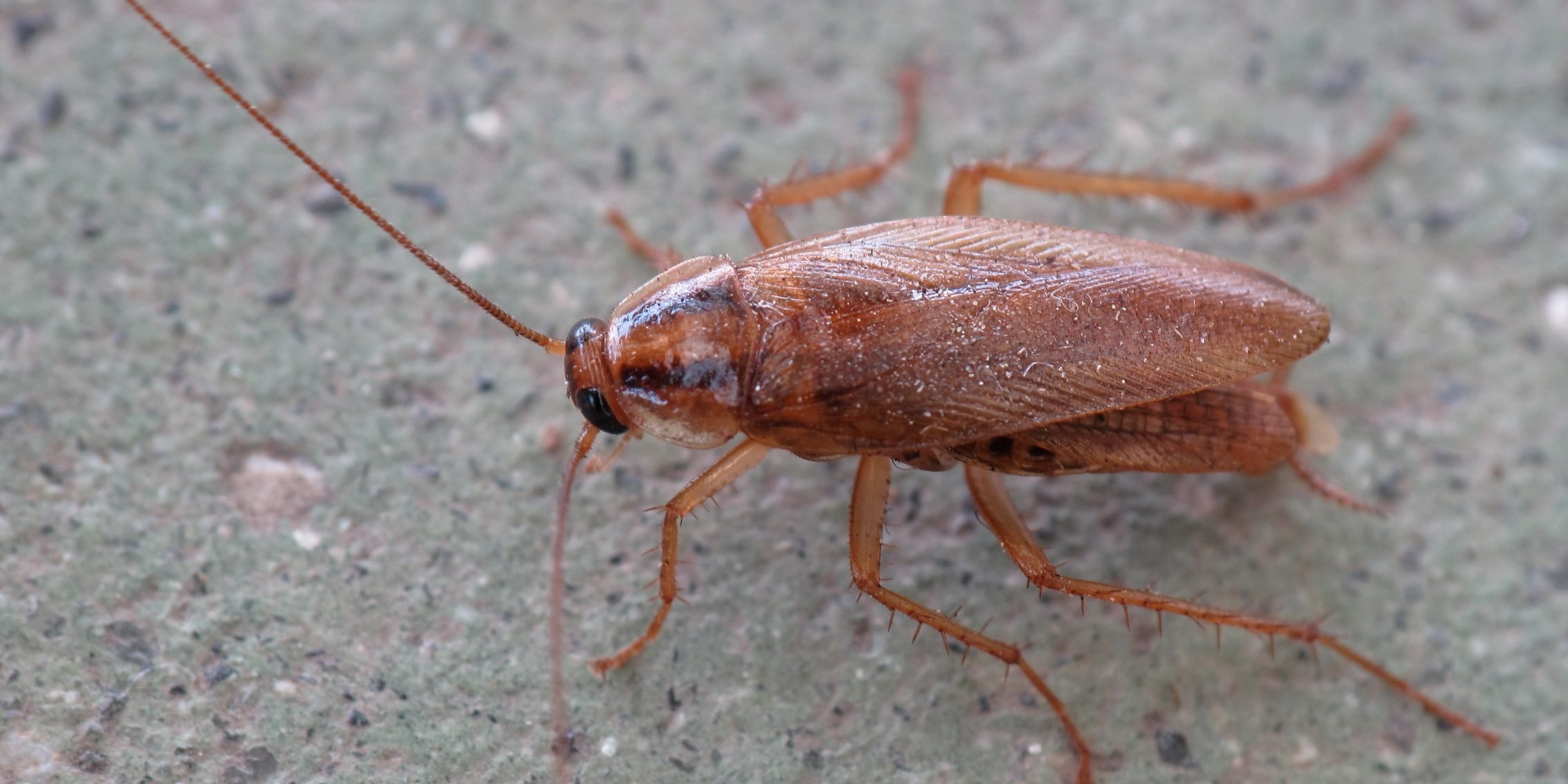Researchers at North Carolina State University have discovered that cockroach infestations can significantly degrade indoor air quality by releasing high levels of allergens and bacterial endotoxins. The study, conducted in multiple apartment complexes across Raleigh, found that female cockroaches produce nearly twice as many endotoxins as males due to higher food consumption. These endotoxins, which are fragments of bacterial cell walls released when bacteria die, are spread through cockroach droppings, contaminating both surfaces and the surrounding air.
The study revealed that kitchens have much higher concentrations of endotoxins compared to bedrooms, largely because of the abundance of food sources that attract cockroaches. When pest control interventions successfully eliminated cockroach populations, researchers observed a sharp decline in both allergen and endotoxin levels, confirming that infestations directly affect indoor air quality. Conversely, homes that did not receive treatment maintained persistently high levels of contamination throughout the six-month study period.
The research team intends to continue investigating how cockroach allergens and bacterial endotoxins interact in asthma models. This ongoing work aims to provide a better understanding of urban health risks associated with cockroach infestations and could inform more effective preventive strategies for protecting indoor air quality.








































